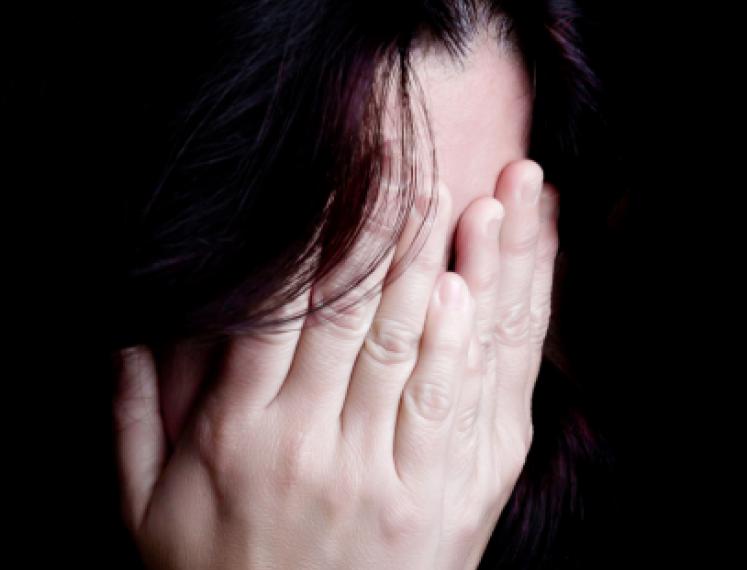Close Relationships and our Health
Do our intimate relationships affect our physical health and recovery from illness? When do our relationships help and when do they make us sick? Are the effects different for men and women?
In his most recent work psychologist James C. Coyne of the University of Pennsylvania has documented the importance of other people for our health and survival. His provocative findings concern heart failure and heart attack and cancer.
Studies with a national network of radiologists showed that men without a partner were less likely to complete radiation treatment without interruption, less likely to benefit from more intensive radiation, and had shorter survival time than men with partners. No such effects were found for women. We need to be cautious about how to interpret these findings, but perhaps when one is ill and facing treatment with debilitating side effects, it is more important for a man to have a partner in the house than for a woman to have a partner.
Yet, in contrast to these effects, for people with an intimate relationship, the quality of the relationship matters and more so for women than men. The quality of the relationship is apparently more important for the survival of women with chronic heart failure than for men and its effect is independent of disease characteristics.
This leads to the question: can we improve our physical health by improving our relationships?
Dr. James C. Coyne is Professor of Psychology in the Department of Psychiatry, Director of the Behavioral Oncology Program and a Senior Fellow at the Leonard Davis Institute of Health Economics, all at the University of Pennsylvania. This year, he is visiting professor at the graduate school SHARE of the University Medical Center Groningen (UMCG).
Dr. Coyne has been elected a Fellow of the American Psychological Association, Society of Behavioural Medicine, and Academy of Behavioral Medicine. He is the author of over 250 publications including numerous citation classics, and he has been identified by the Institute for Scientific Information Web of Science as one of the 225 most cited psychologists and psychiatrists in the world.


